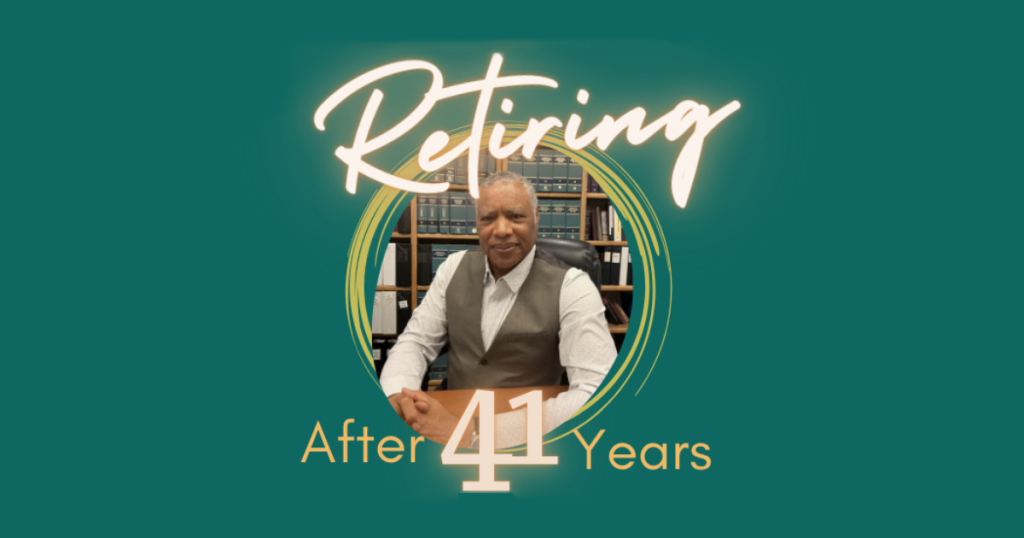By: Chloe Plaisance* (*Chloe Plaisance is currently a law student at the Sandra Day O’Connor College of Law at Arizona State University. Chloe completed a legal internship with DRAZ’s Education Team in the Spring of 2022.)
This is the second post in the 3-part series about private school placement. Today’s blog post discusses unilateral parental placement in private schools.
A unilateral parental placement is when a parent removes their child from the public school system and enrolls their child in a private school without the LEA’s agreement. A parent making a unilateral placement generally intends to request a due process hearing to prove that the private school placement is necessary for the child to receive FAPE. To exercise this option, the parent must be able to pay the private school’s tuition and take on the risk that they may not get reimbursed if they lose at the due process hearing. Parents may be able to utilize a funding mechanism, such as the Empowerment Scholarship Account (ESA) or a School Tuition Organization (STO), to help offset the cost of tuition before filing a due process complaint
Under the IDEA, a parent can place their child in a private school without the LEA’s agreement and then request a due process hearing to prove to a judge or hearing officer that:
- the public school was not providing FAPE to their child, and
- the private school the parent has selected does provide the child with FAPE.
If the parent wins at the due process hearing, the hearing officer may order LEA to reimburse the parents for the cost of the private school and to change the child’s IEP placement going forward to a district private placement at that school. If the parent does not win at the due process hearing, and subject to any appeal of the decision, the removal of the child from the public school system will release the LEA of its obligations to provide FAPE to the child.
